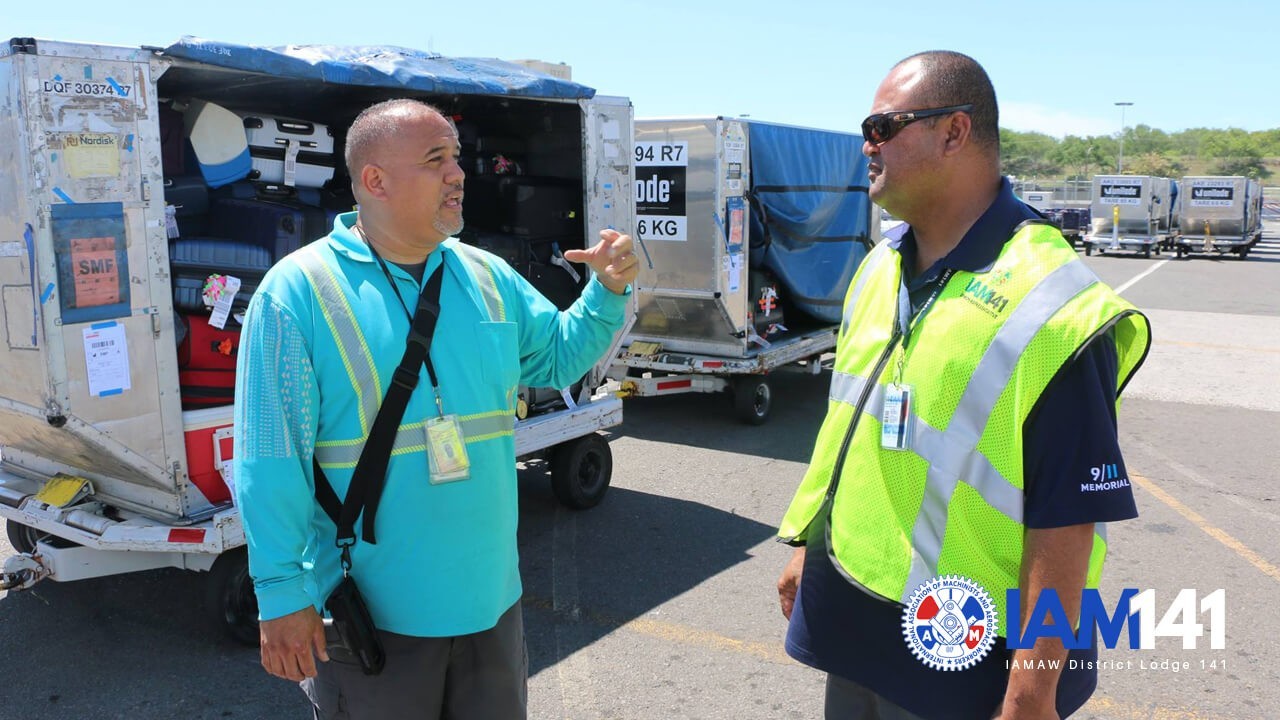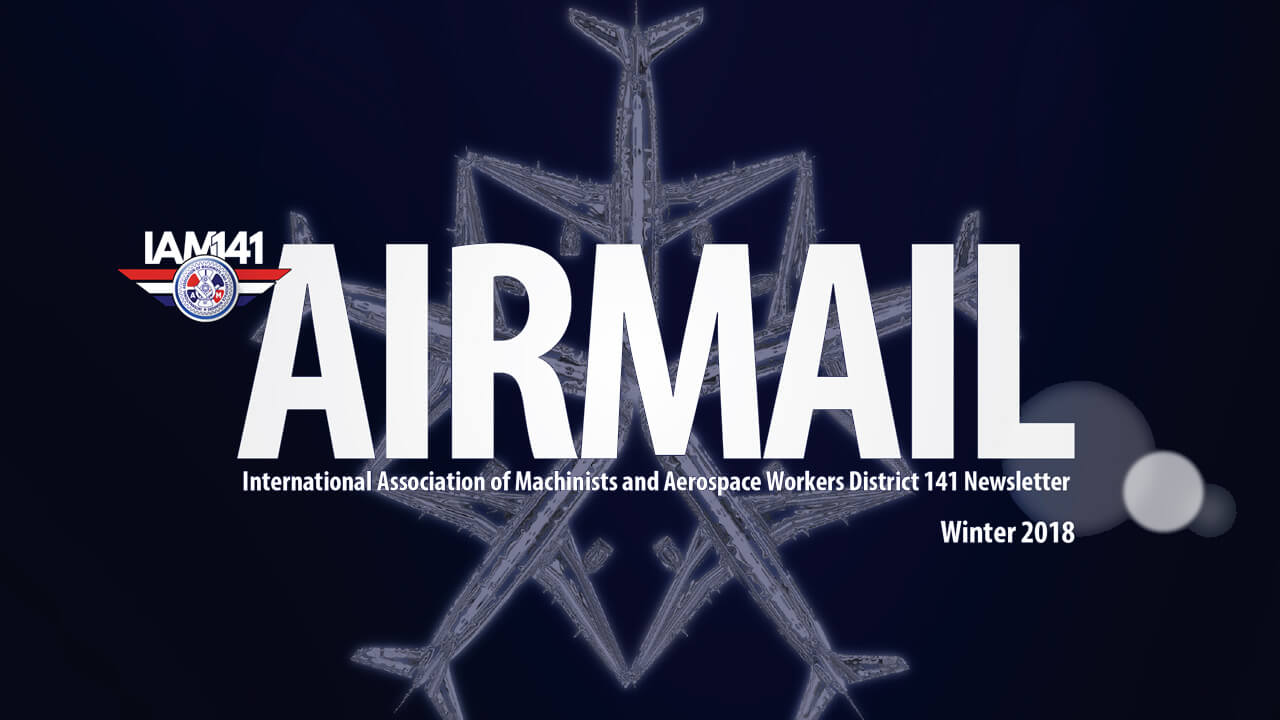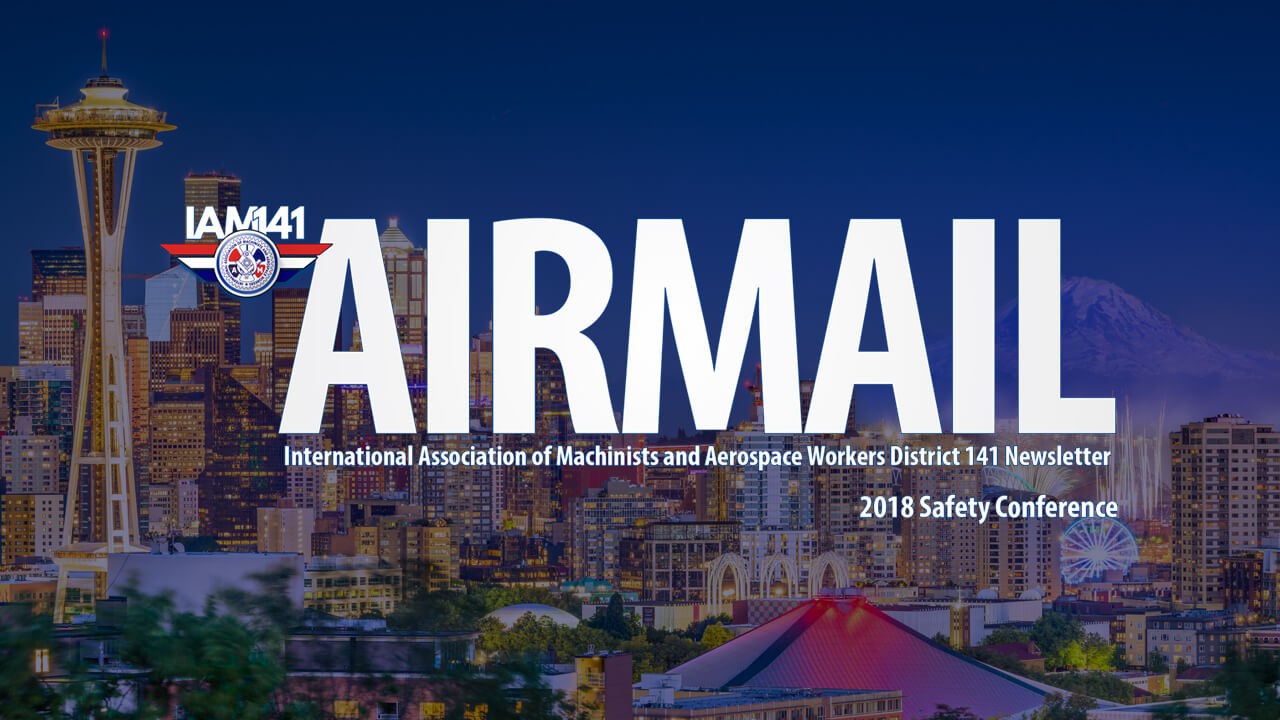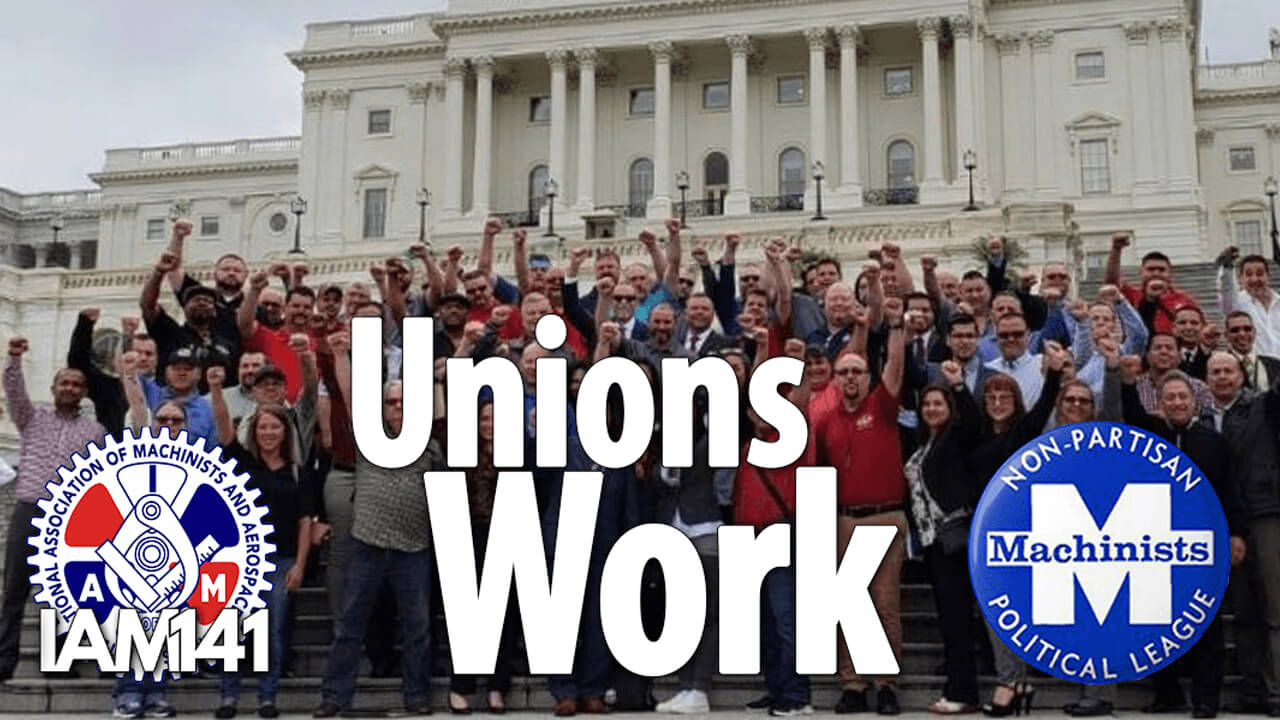
by Eric Price | Dec 12, 2018 | Airlines, Departments, Featured, Hawaiian, Home, Safety
Practice Makes Perfect Download In airline safety Practice Makes Perfect Fewer safety reports may be a sign that an airline is being less honest, not safer. Airlines all face the same fundamental challenges keeping travellers and workers safe. When one of these...

by Eric Price | Dec 1, 2018 | Airlines, Airmail, American, Community Service, Departments, EAP, Education, Hawaiian, Home, MNPL, Organizing, Philippine, Safety, Spirit, United
[gdlr_stunning_text background_color=”#f3f3f3″ button=”Download PDF” button_link=”https://iam141.org/wp-content/uploads/2019/01/Final-Edited-Winter-Newsletter.pdf” button_background=”#184ab9″...

by Eric Price | Nov 1, 2018 | Airlines, Airmail, American, Departments, EAP, Education, Hawaiian, Home, MNPL, Organizing, Philippine, Safety, Spirit, United
[gdlr_stunning_text background_color=”#f3f3f3″ button=”Download PDF” button_link=”https://iam141.org/wp-content/uploads/2018/12/181218_airmail_safety_conference_newsletter.pdf” button_background=”#184ab9″...
by Eric Price | Oct 8, 2018 | Airlines, American, Departments, Featured, Hawaiian, Home, United, Video
President of District Lodge 141 Mike Klemm traveled out west this week to visit IAM members. Here is an inside look at his busy schedule and activities as he went to San Francisco, Honolulu, and Los Angelos airports.

by Eric Price | Sep 28, 2018 | Airlines, American, Featured, Hawaiian, Home, MNPL, Philippine
UPDATE: The FAA Re-Authorization Bill of 2018 was approved by the Senate and signed into law by the president on October 5. The US House of Representatives approved the FAA Reauthorization Bill, which includes strong “Union Made” language. The bill is now...





